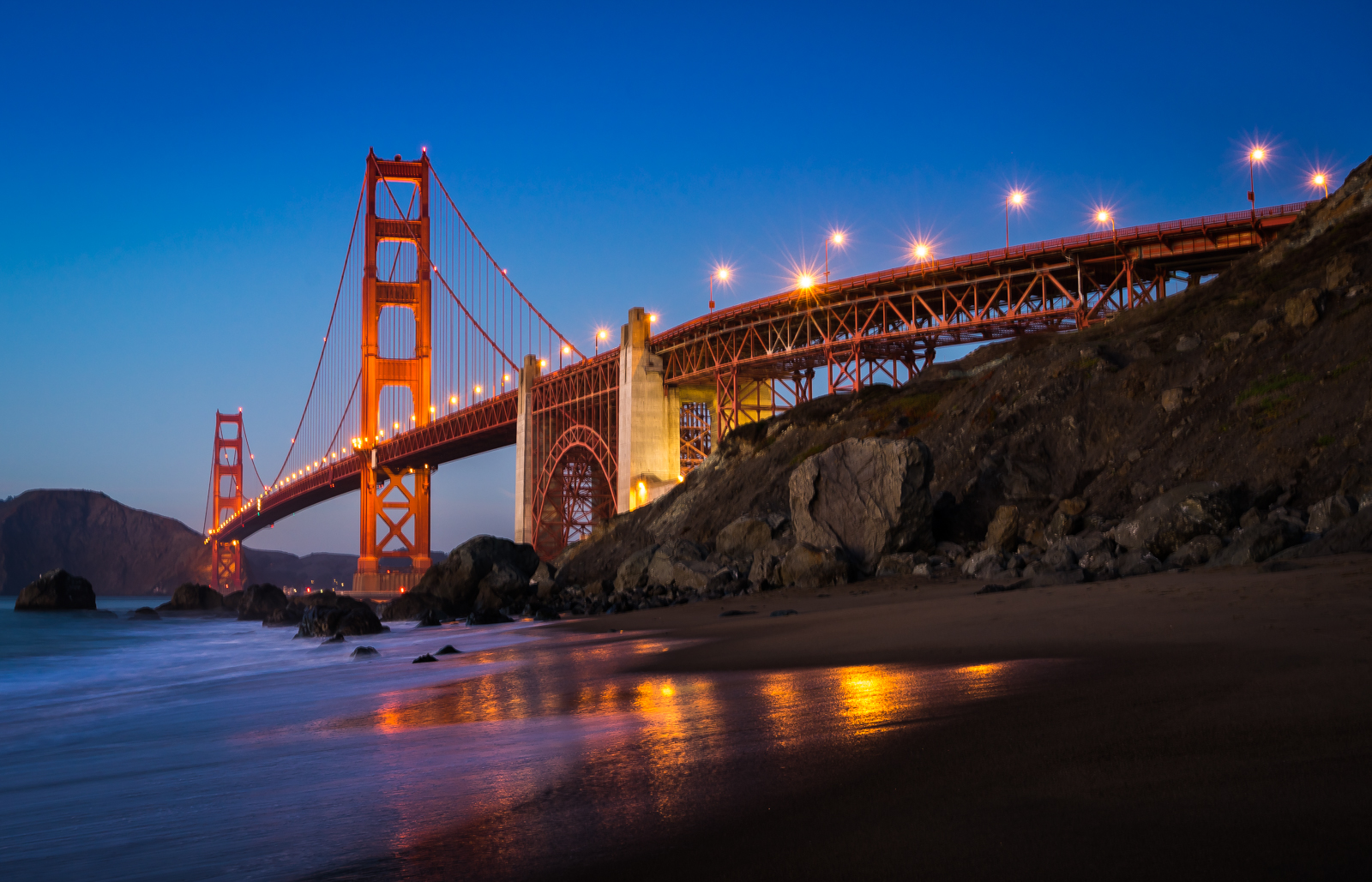"Once you become predictable, no one's interested anymore."
— Chet Atkins
The words of the late American musician sum up the reaction I had when the United States Olympic Committee selected Boston to be the bid city for the U.S. for the 2024 Olympics last week at a meeting in Denver.
A few months before, after Boston, Los Angeles, San Francisco and Washington had been announced as the U.S. finalists for the 2024 bid, I told a colleague: "You watch, they will pick Boston for sure."
Why did I say this?
Because the circumstances reminded me of when New York was chosen as the bid city for the 2012 Games that eventually went to London. There is little doubt that New York got the nod over the other U.S. candidates in large part because of the still raw emotions surrounding the Sept. 11, 2001, attacks.
For some reason it was as if the USOC felt there was going to be a groundswell of support and sympathy from the IOC members.
Not quite.
Even though San Francisco would have been much more attractive to the Eurocentric members of the IOC, the USOC chose New York over the City by the Bay and the Big Apple went on to lose out to London when the vote was taken in July 2005.
The other candidates in the running for 2012 Olympics were Paris, Madrid and Moscow. New York was eliminated on the second ballot in the vote in Singapore.
Now we fast forward nearly 10 years and history is set to repeat itself.
Once again the USOC has bypassed San Francisco, no doubt believing that the tragic Boston Marathon bombing of 2013 and subsequent "Boston Strong" campaign will somehow resonate with the IOC members.
I don't think so.
Americans just don't seem to understand that many countries around the world have been dealing with terrorism for decades. The events in Paris just last week illustrate this. The folks from these countries have their own problems to deal with and don't have much time to dwell on the misfortune of others.
We often hear talk in Japan about the country being insular, but take a look at the U.S., where more than 50 percent of the native citizens don't even have a passport, and a large number of people never travel out of the country in their lifetime.
As we have seen, this can lead to a very myopic view in sporting and world matters, and doesn't exactly engender support when it comes time for an election decided on by an international body.
Boston is no doubt a great city with a long history and rich sporting tradition.
Could it be a worthy host?
Most certainly.
But the record has shown us that when it comes to the awarding of the recent Summer Games, the IOC members are concerned not only with the quality of the bid financially and logistically, they also have an affinity for exotic locales.
Look at the last four cities to host the Summer Games — London (2012), Beijing (2008), Athens (2004), Sydney (2000) — and the next two up, Rio de Janeiro (2016) and Tokyo (2020). All of them are either places of great history, or the sites of emerging markets.
The USOC should be picking the city that has the best chance to win the bid, not relying on sentiment or some other flawed reasoning.
With Silicon Valley nearby and the majestic beauty of the Bay Area as selling points, it would seem that in the wired world of today San Francisco would have been the logical choice if the USOC was truly hoping to beat out expected 2024 bidders Paris, Rome, Berlin or Hamburg, and an undecided upon South African city.
Instead, the USOC chose Boston, where public opinion on hosting the Olympics is nearly evenly divided. In a Boston Globe poll taken last June, 47 percent of respondents supported the bid, while 43 percent were against it.
There is already vocal opposition to the bid with concerns about the impact on traffic and the environment and flooding the area with additional tourists in the already busy summer period.
It appears that one of the selling points for the USOC was the large number of hotel and dormitory rooms available in the area.
Do you think the voting members of the IOC care about that?
I don't.
Many in the IOC family are from privileged backgrounds or were Olympic athletes who are used to staying in the very best accommodations. They are cosmopolitan and cultured. They aren't likely to be swayed by a sales pitch about the number of hotel and dorm rooms for the spectators.
These people want to be wowed, not bored.
San Francisco was clearly the best American choice to go up against the other titans seeking the 2024 Games. The vibrant nature of the city and the surrounding area would have provided a fantastic backdrop for the quadrennial sports extravaganza.
Marathoners running across the Golden Gate Bridge, the sailing competition on the Bay, and the fog rolling in as sprinters lined up for the final of the 100 meters would have been incredible sights.
But once again, the USOC went the predictable route.
This is why when the IOC session in Lima comes around in September 2017, and the host of the 2024 Games is decided, the U.S. will lose out again.



















With your current subscription plan you can comment on stories. However, before writing your first comment, please create a display name in the Profile section of your subscriber account page.